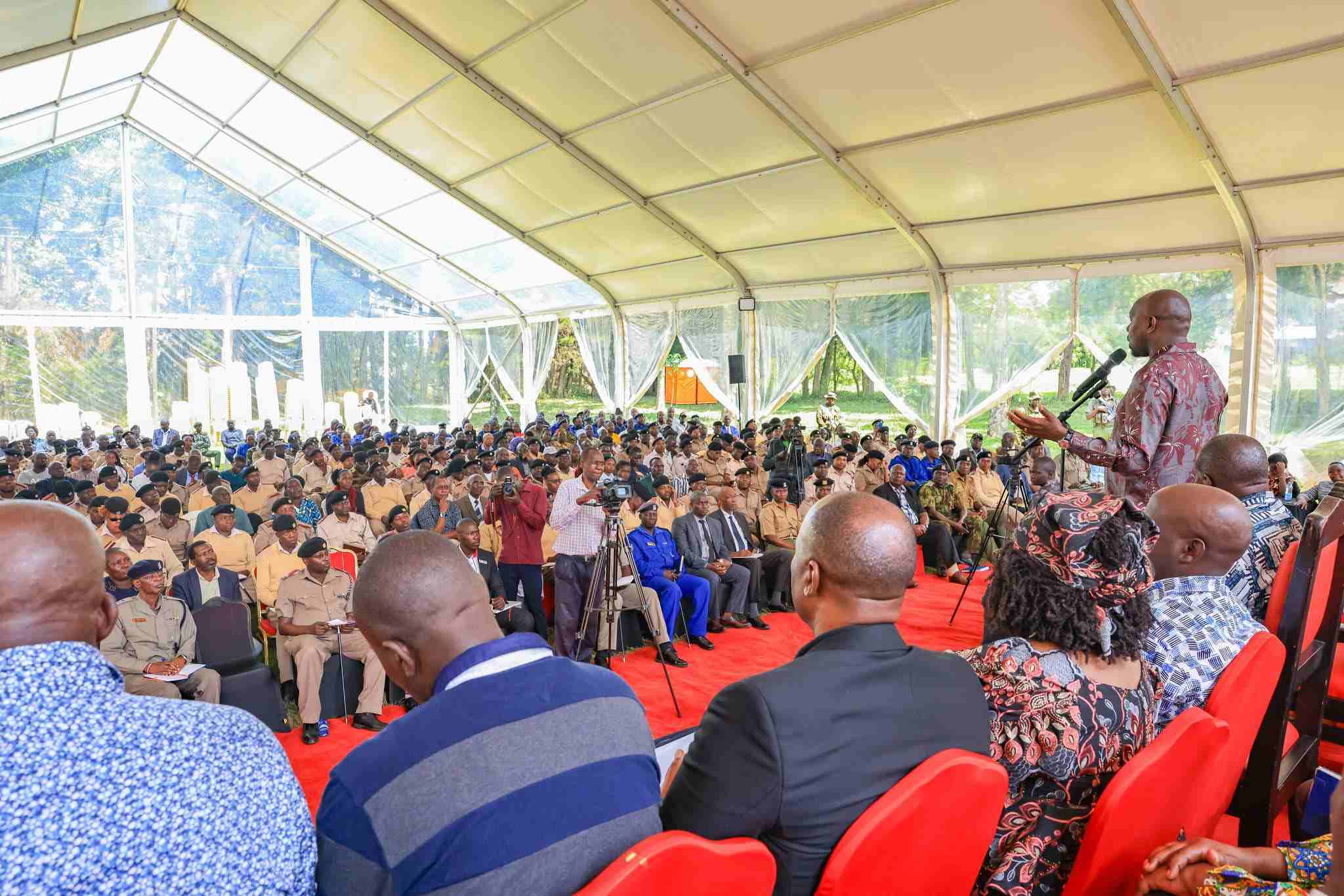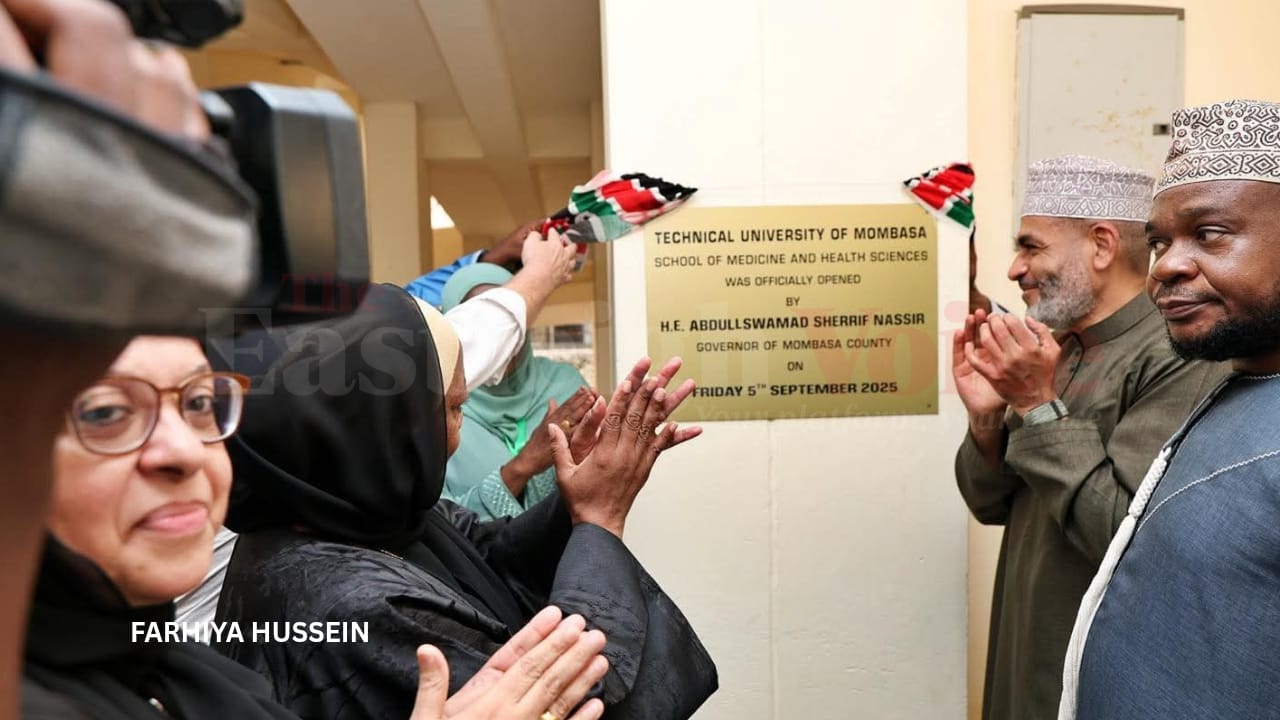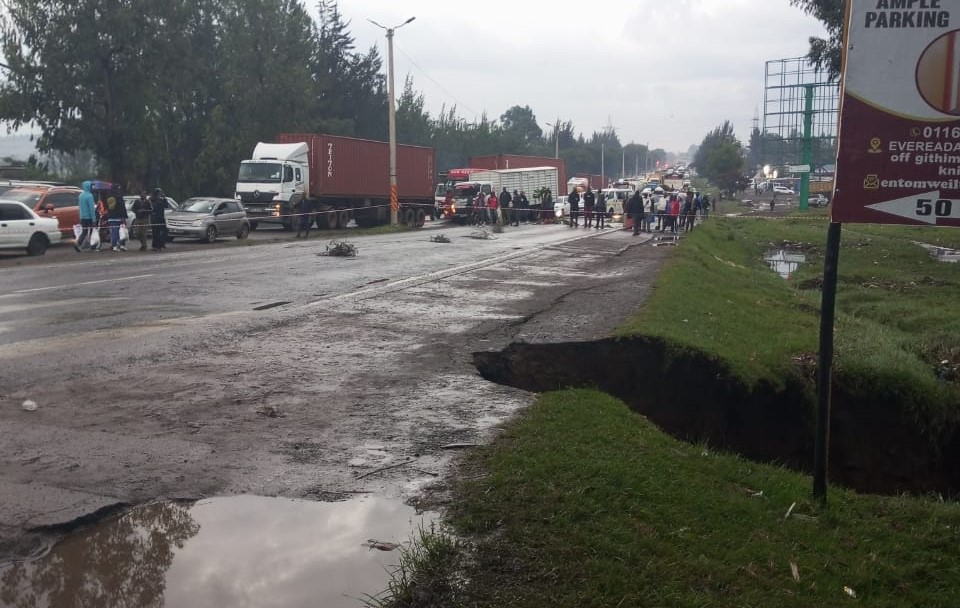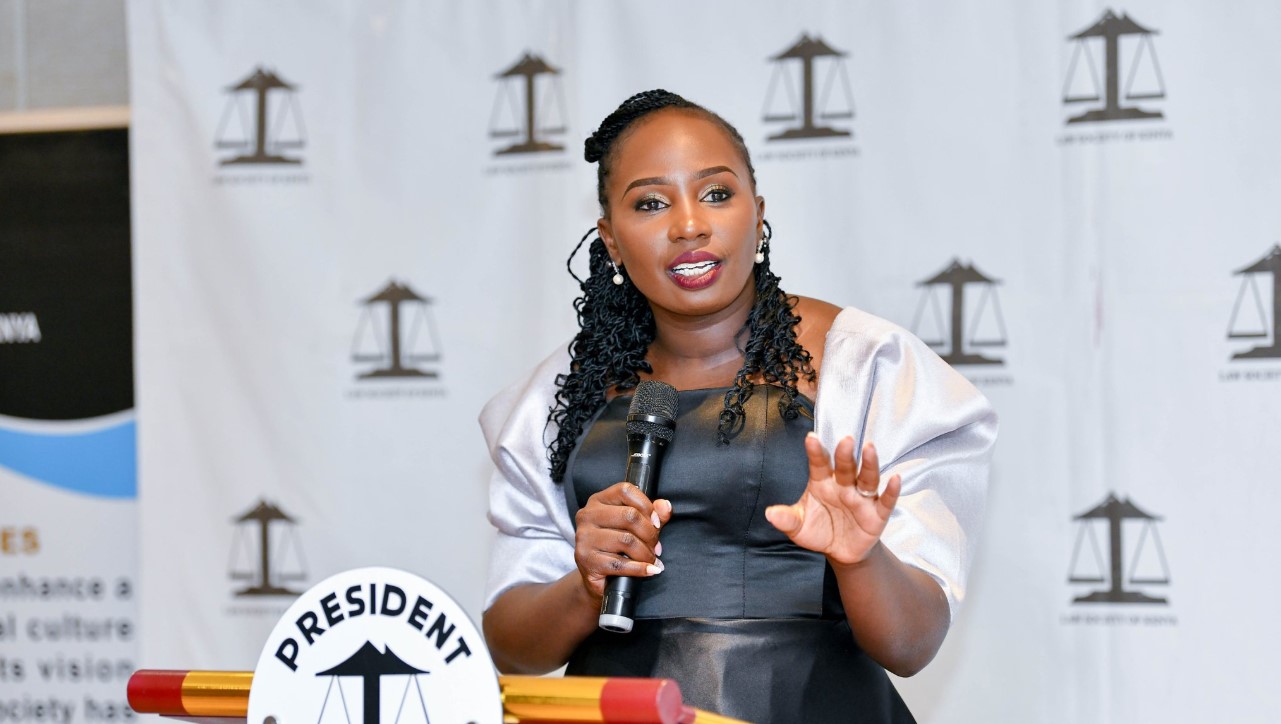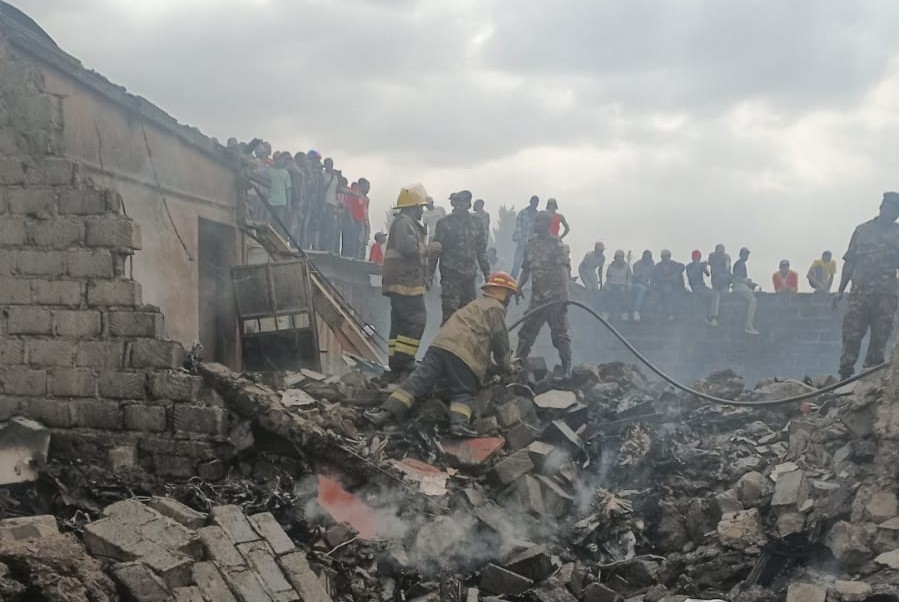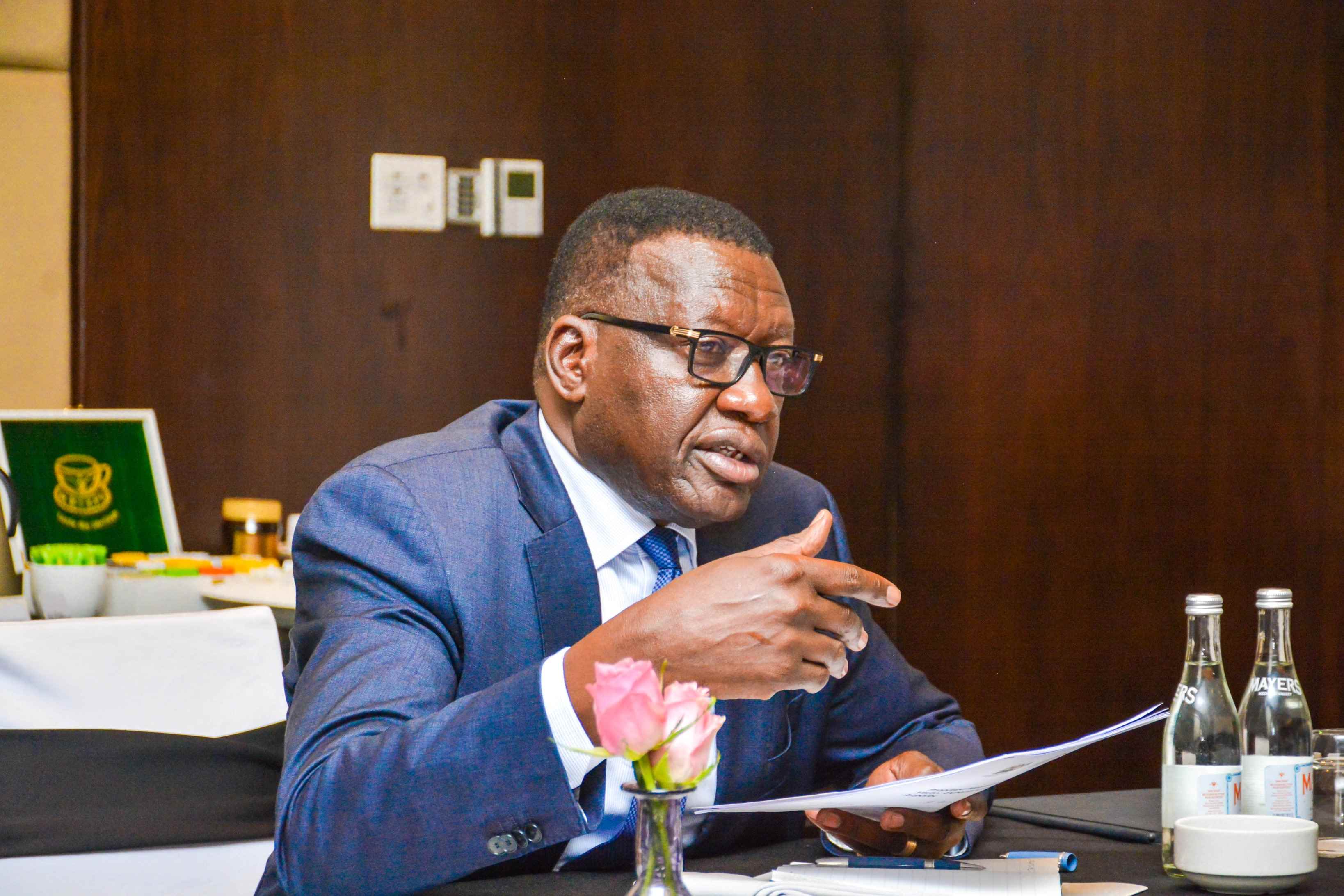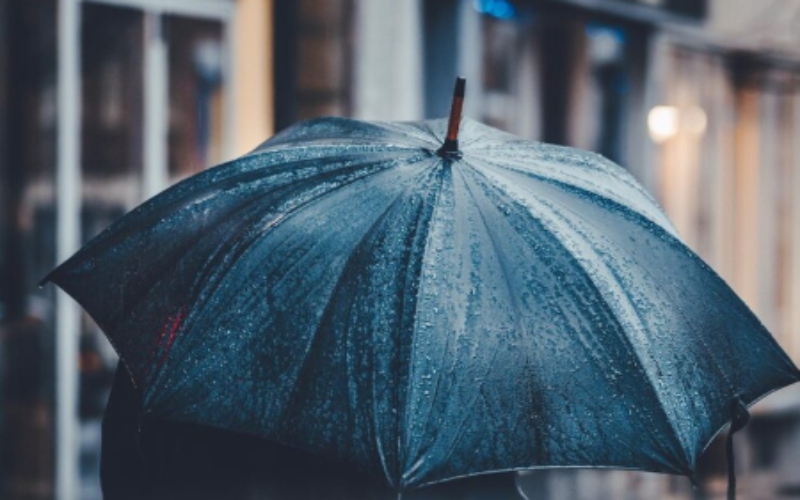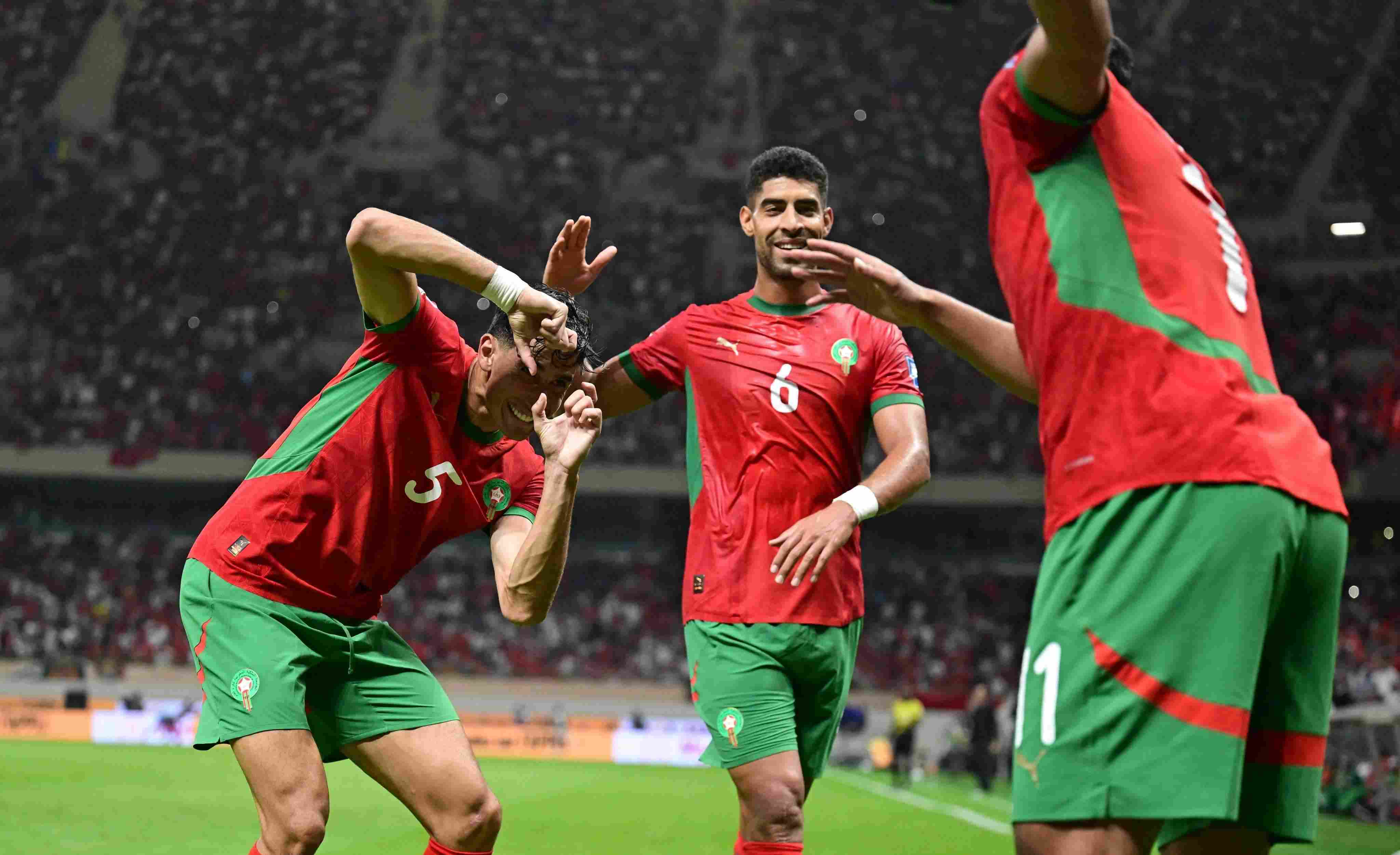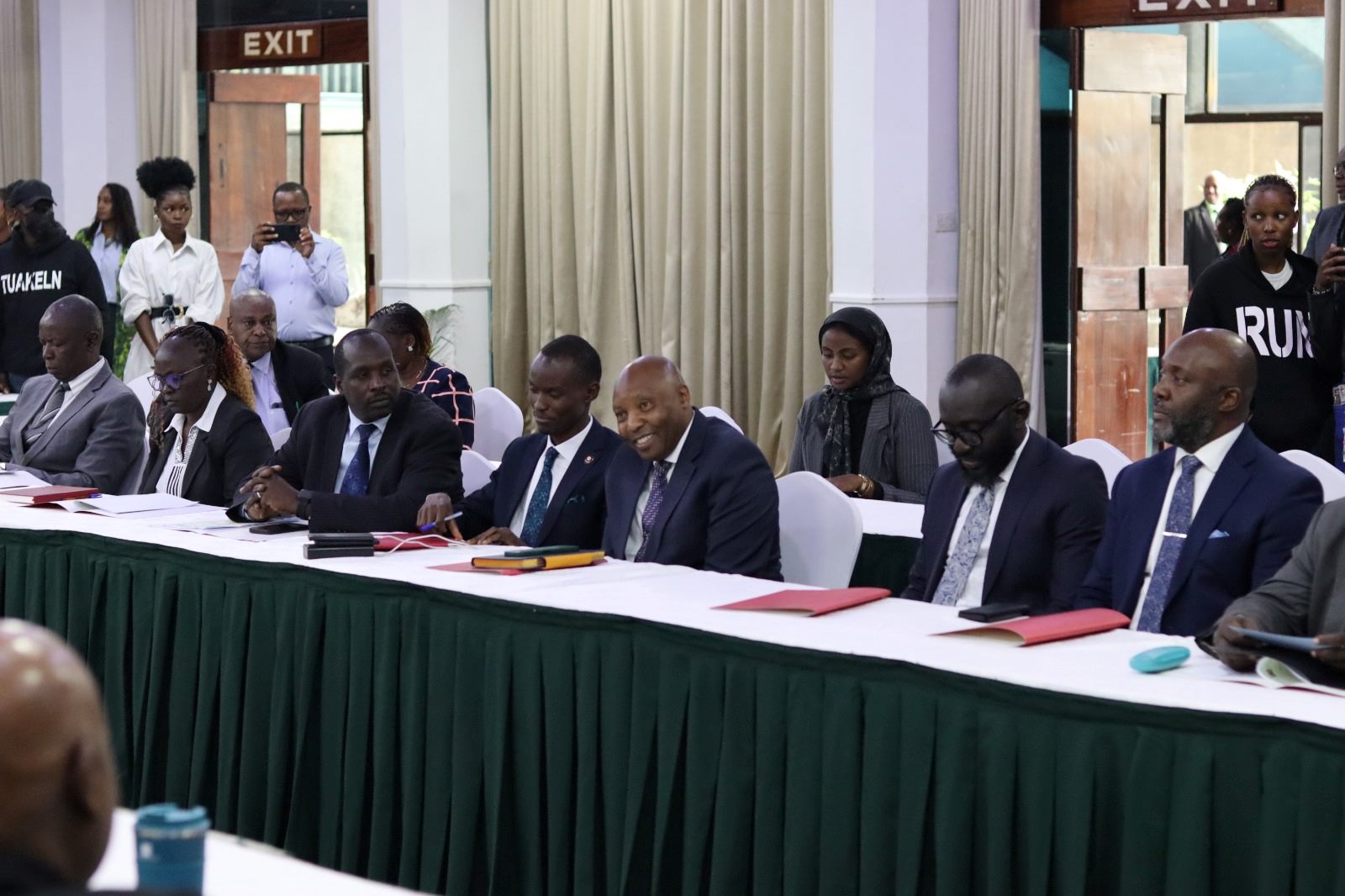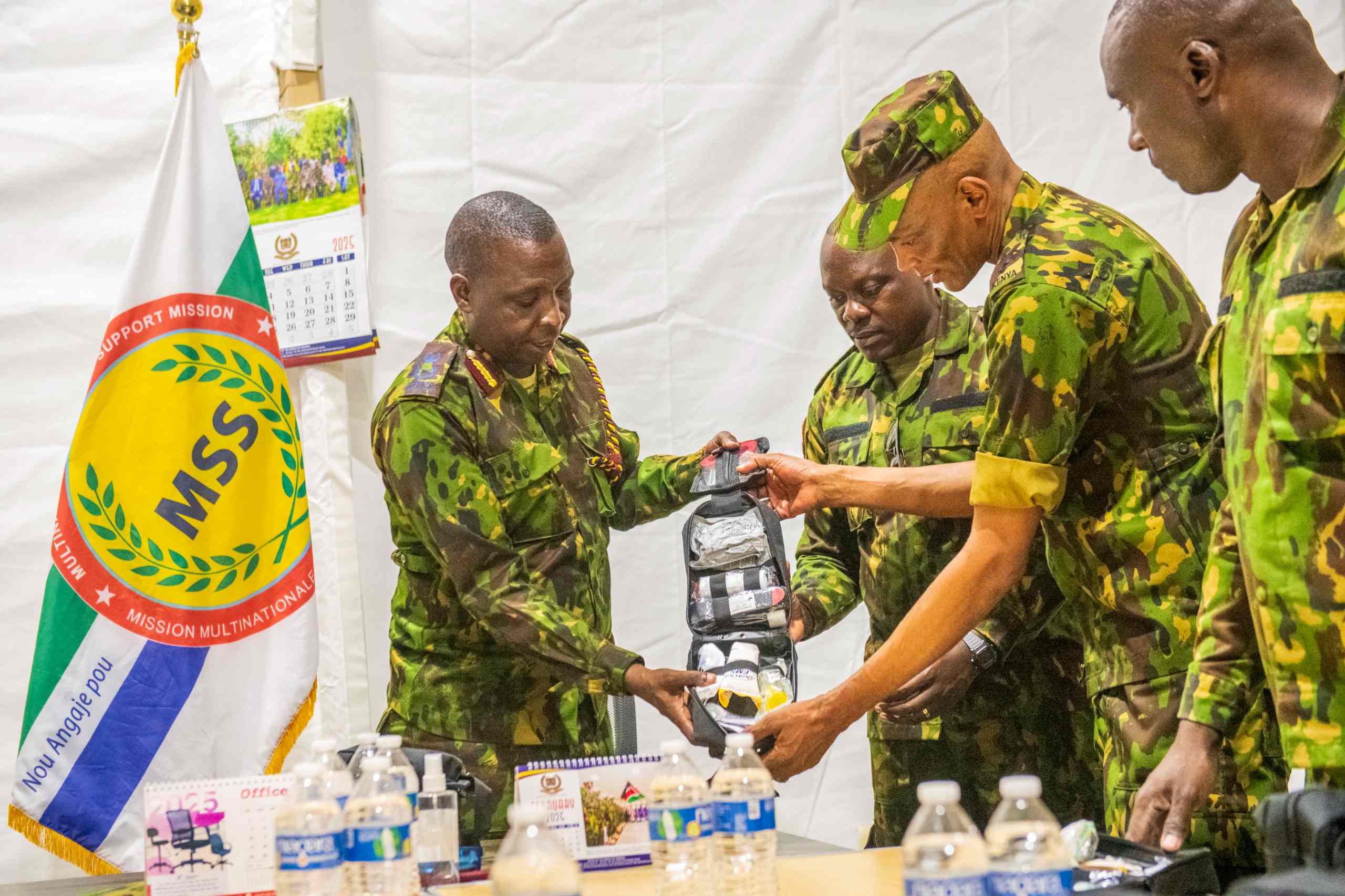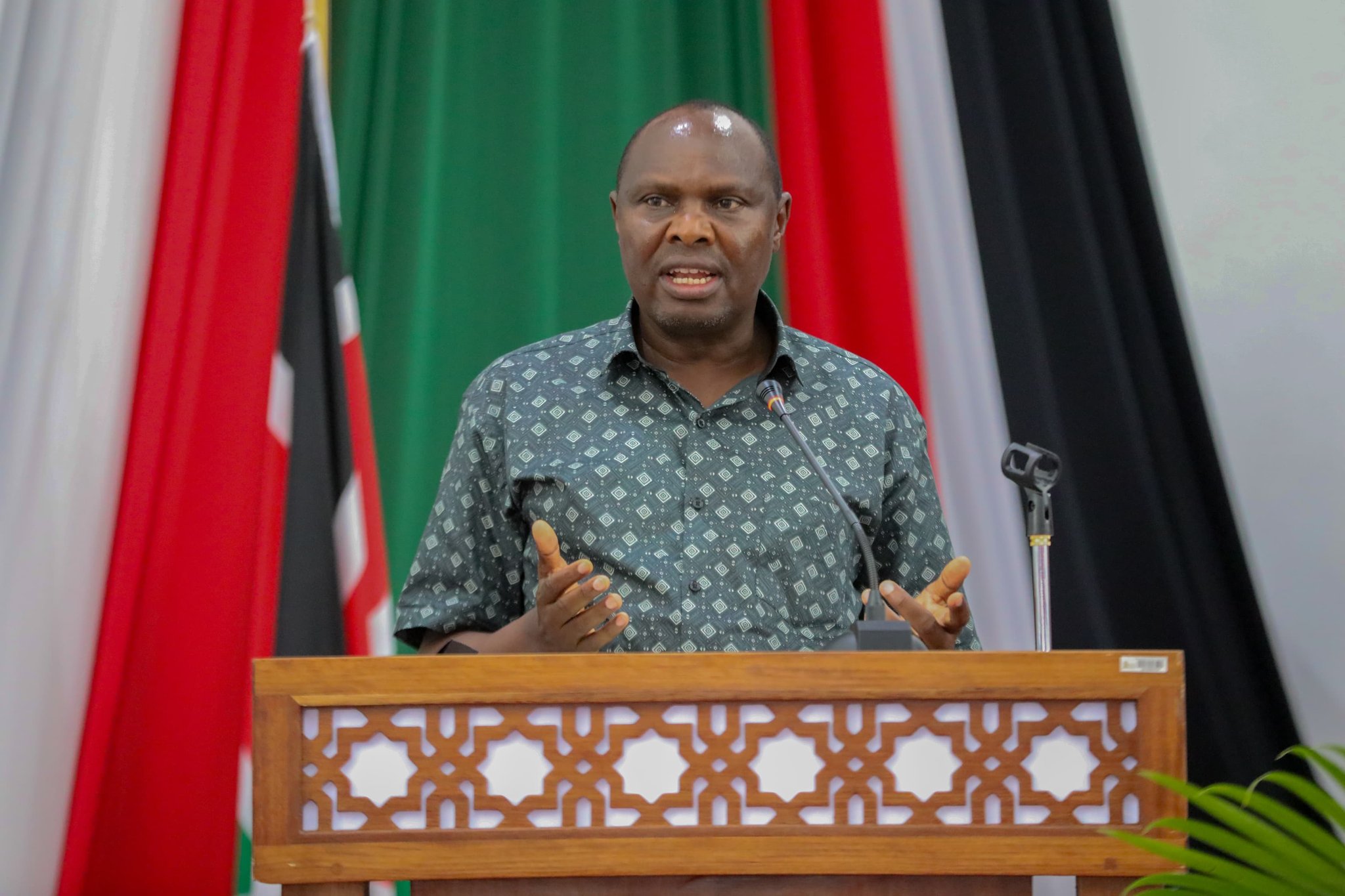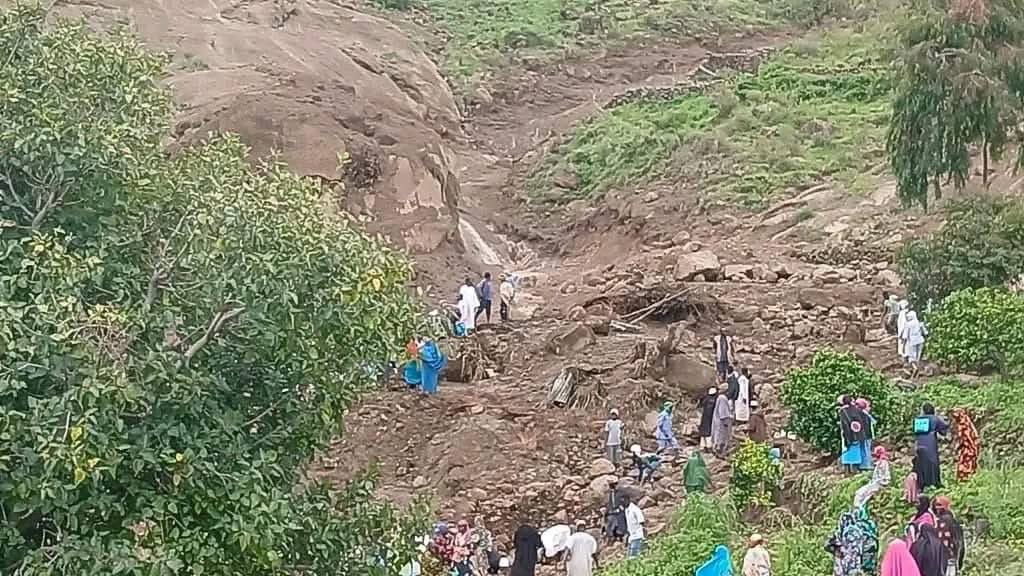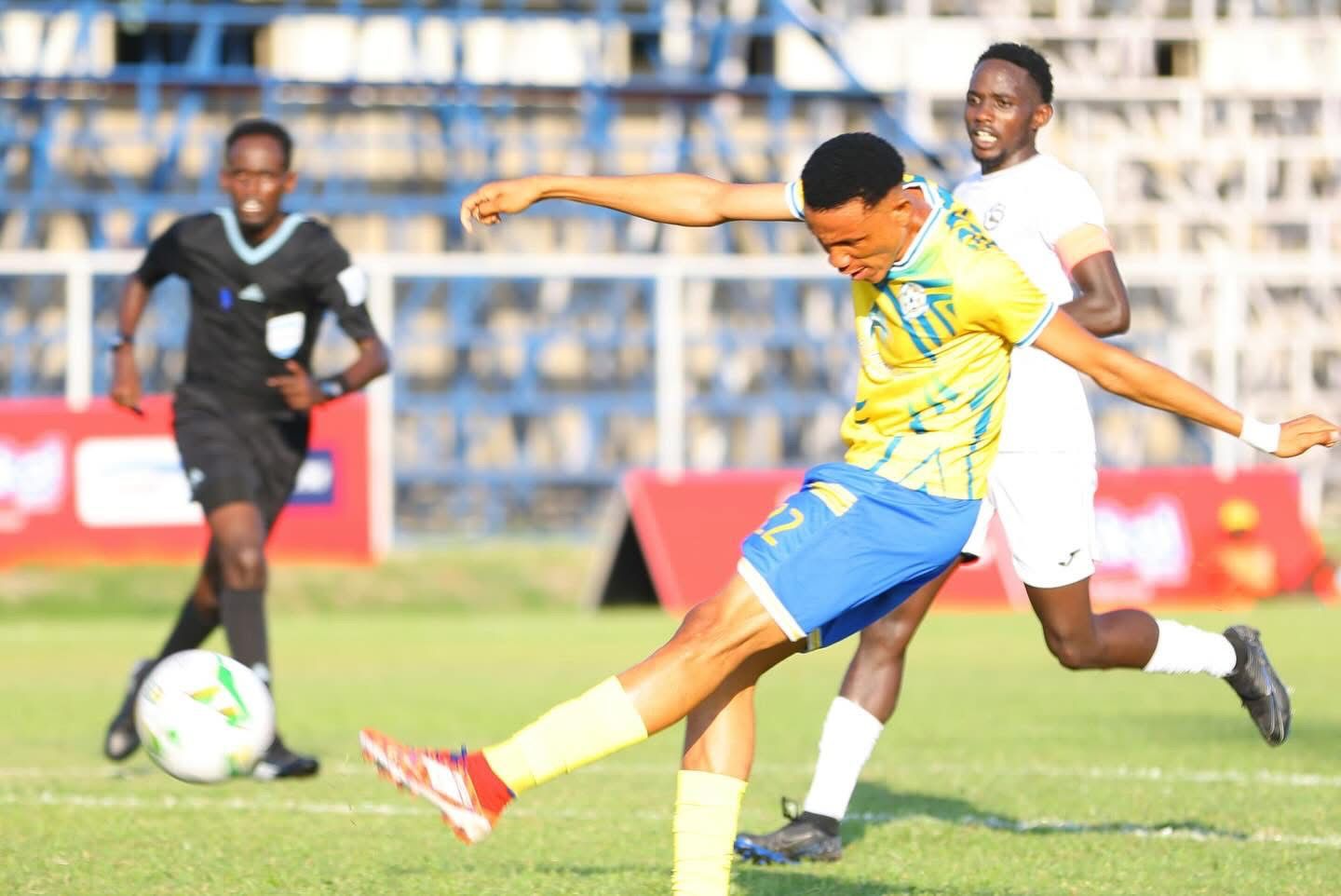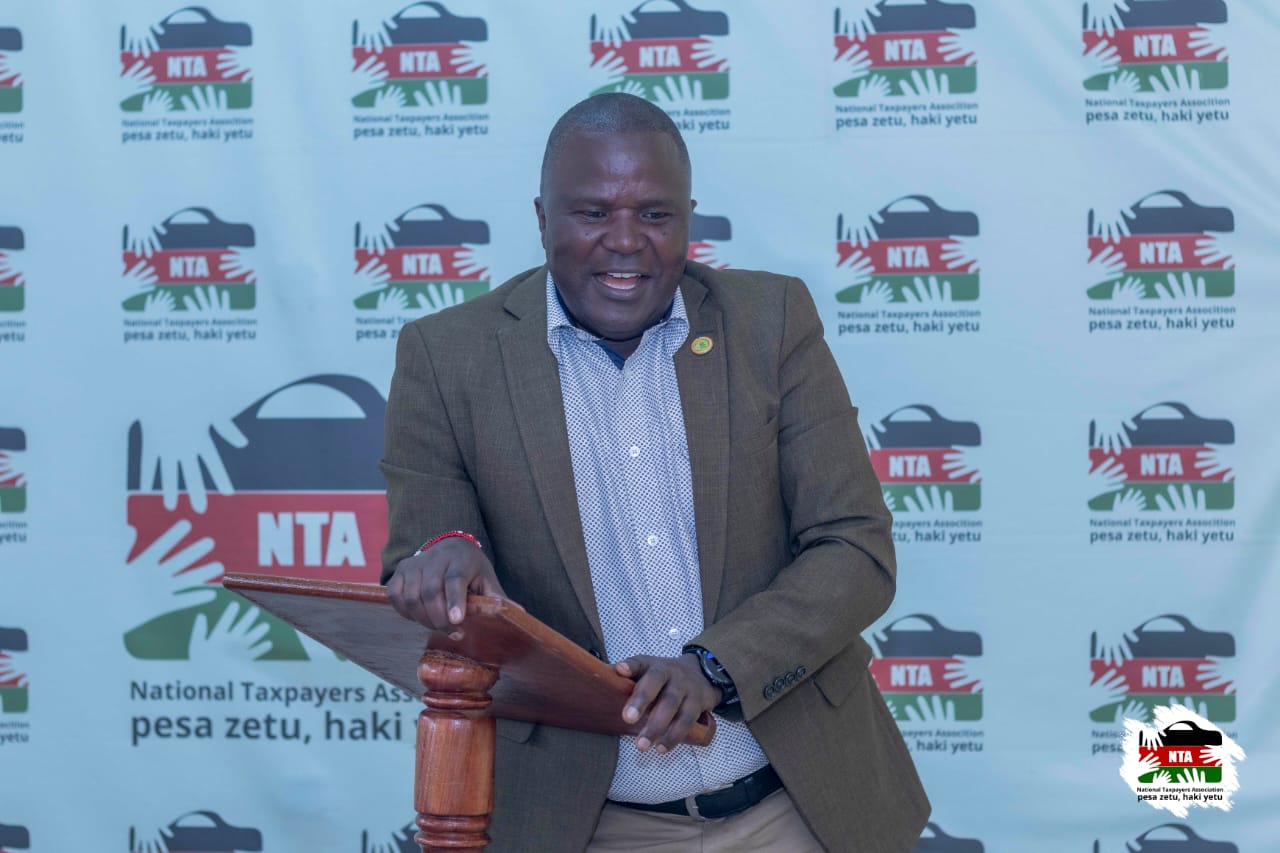ISIS gun attack at Moscow concert leaves more than 60 dead
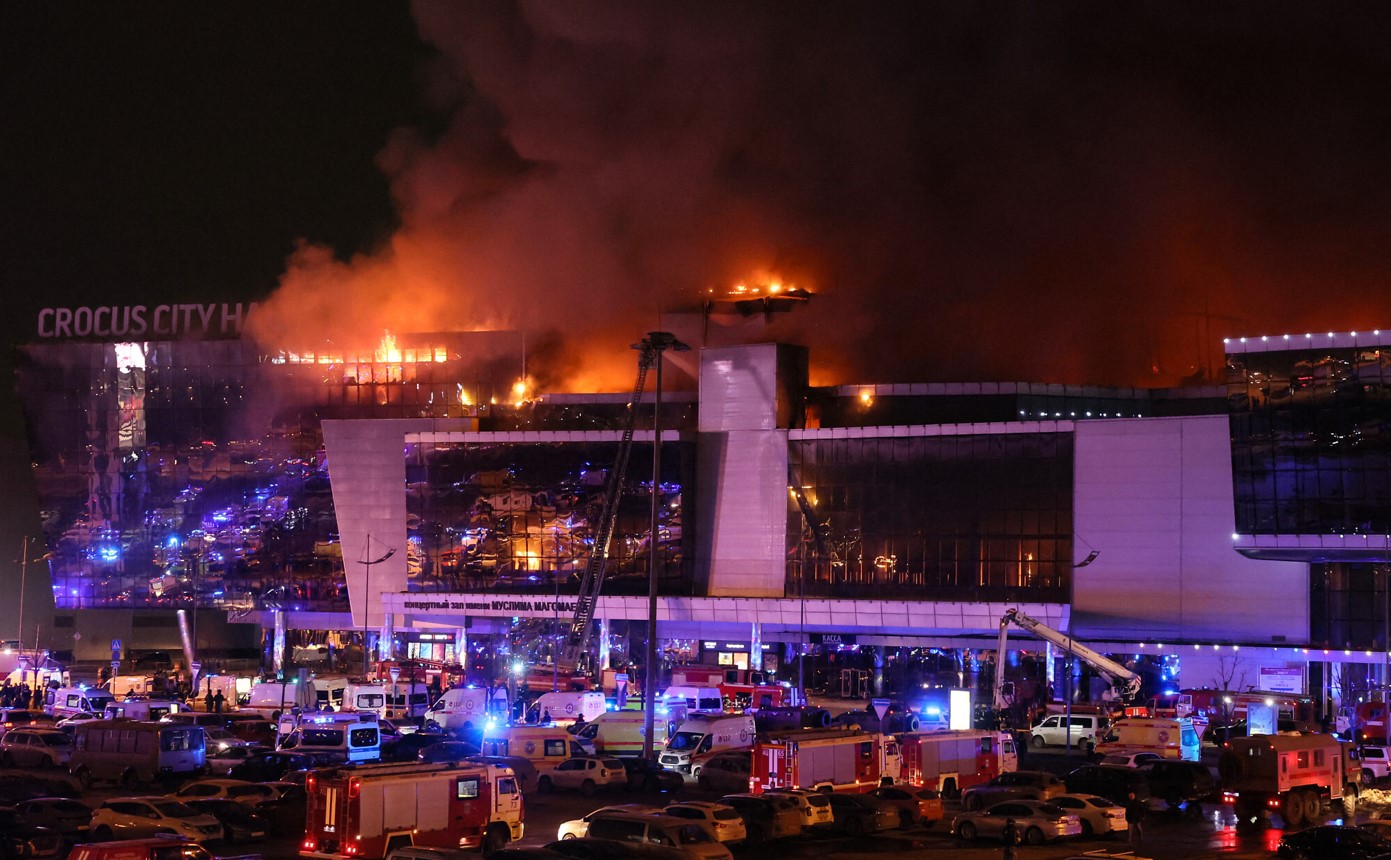
The Islamic State group has claimed responsibility for the attack that has left at least 60 dead and 100 wounded.
Gunmen who opened fire at a Moscow concert hall killed more than 60 people and wounded over 100 while sparking an inferno, authorities said Saturday, with the Islamic State group claiming responsibility.
Attackers dressed in camouflage uniforms entered the building on Friday, opened fire and threw a grenade or incendiary bomb, according to a journalist for the RIA Novosti news agency at the scene.
More To Read
- Putin proposes direct peace talks with Ukraine after three years of war
- China, Russia pledge to join forces against bullying, power politics
- Russia's Vladimir Putin sworn in as president for a fifth term
- Four Moscow attack suspects charged with terrorism
- National day of mourning in Russia after 133 killed in Moscow concert hall attack
- African leaders in solidarity with Russia after ISIS terror attack
Fire quickly spread through the Crocus City concert hall in Moscow's northern Krasnogorsk suburb, as smoke filled the building and screaming visitors rushed to emergency exits.
Alexei, a music producer, was about to settle into his seat before the start of a concert by Soviet-era rock band Piknik when he heard gunfire and "a lot of screams".
"I realised right away that it was automatic gunfire and understood that most likely it's the worst: a terrorist attack," said Alexei, who would not give his last name.
As people ran towards emergency exits, "there was a terrible crush" with concertgoers climbing on one another's heads to get out, he added.
Russia's Investigative Committee said Saturday that more than 60 people had been killed, raising an earlier toll of 40, according to Russian news agencies.
Russia's Health Minister Mikhail Murashko said 115 people were hospitalised, including five children, one of whom was in grave condition. Of the 110 adult patients, 60 were in serious condition.
Authorities said a "terrorist" investigation had been started and President Vladimir Putin was receiving "constant" updates, his spokesman Dmitry Peskov told Russian news agencies.
Russia's National Guard said it was on the scene and looking for the perpetrators. An AFP reporter saw police officers with sniffer dogs inspecting vehicles parked next to the building.
The Islamic State group said its fighters attacked "a large gathering" on Moscow's outskirts and "retreated to their bases safely".
Fire contained
Telegram news channels Baza and Mash, which are close to security forces, showed video images of flames and black smoke pouring from the hall.
Other images also showed concertgoers hiding behind seats or trying to escape.
Security services quoted by Interfax said between two and five people "wearing tactical uniforms and carrying automatic weapons" opened fire on guards at the entrance and then started shooting at the audience.
A witness told AFP it was a few minutes before the start of the concert when automatic gunfire rang out.
About 100 people escaped through the theatre basement, while others were sheltering on the roof, the emergency services ministry said on its Telegram channel.
Three helicopters were involved in efforts to put out the fire, dumping water on the giant concert venue that can hold several thousand people and have hosted top international artists.
Shortly after midnight, the emergency ministry said the fire had been contained. Andrey Vorobyov, the Moscow region governor, later said the flames had been "mostly eliminated", and rescuers had been able to enter the auditorium.
Putin -- who was informed of the attack "within the first minutes," according to the Kremlin, wished a speedy recovery to the wounded victims, Deputy Prime Minister Tatyana Golikova was quoted as saying by Russian news agencies.
Putin has not commented publicly on the attack.
'Odious crime'
Outside the burning building, heartbroken relatives of those at the concert spoke of hopelessness as they frantically tried to contact loved ones.
Semyon, 33, whose wife was at the venue, said "nobody knows" where she is. "I've called five hospitals, all busy," he said. "I'm in a complete panic, my whole body hurts."
Russia's foreign ministry spokeswoman, Maria Zakharova, said it had been a "bloody terrorist attack".
"The whole international community must condemn this odious crime," she said on Telegram.
The US presidency called the attack "terrible" and said there was no immediate sign of any link to the conflict in Ukraine.
Ukraine's presidency said Kyiv had "nothing to do" with the attack, while its military intelligence called the incident a Russian "provocation" and charged that Moscow special services were behind it.
The Freedom of Russia Legion, a pro-Ukrainian militia responsible for attacks on Russia's border regions, also denied any role.
Former Russian President Dmitry Medvedev vowed on Telegram that Ukraine's top officials "must be found and ruthlessly destroyed as terrorists" if they were linked to the attack.
The United Nations, European Union, France, Spain, Italy and several other countries also condemned the attack.
The White House said its "thoughts are with the victims of this terrible shooting attack", while French President Emmanuel Macron also expressed "solidarity with the victims, their loved ones and all the Russian people".
Chinese President Xi Jinping sent his "condolences" to his Russian counterpart, saying he "firmly supports the Russian government's efforts to safeguard its national security and stability", according to state-run news agency Xinhua.
Orthodox church leader Patriarch Kirill was "praying for peace for the souls of the dead", said his spokesman Vladimir Legoyda.
Previous warnings
Moscow and other Russian cities have been the targets of previous attacks by terror groups but there have also been incidents without any clear political motive.
Earlier this month, the US embassy in Russia said it was monitoring reports that "extremists" were planning "to target large gatherings in Moscow", including concerts.
The White House said Friday that the United States warned Russian authorities earlier in March about a "planned terrorist attack" possibly targeting "large gatherings" in Moscow.
Washington had "shared this information with Russian authorities", National Security Council spokeswoman Adrienne Watson said.
In 2002, Chechen separatist fighters took 912 people hostage in a Moscow theatre, the Dubrovka, demanding the withdrawal of Russian troops from the region.
Special forces attacked the theatre to end the hostage-taking and 130 people were killed, nearly all suffocated by a gas used by security forces to knock out the gunmen.
Top Stories Today
Reader Comments
Trending
